|
|
| 'Like' us on Facebook | Follow us: |
Posted on: Aug 07, 2013
The Revitalising Ramadan
Part-01
The month of silent and sincere remembrance of the Lord is on. For the over 1.5 billion Muslims across the globe, it is a time marked by prayer, penitence and the wilful sacrifice of one's personal comforts and pleasures in honour of the Divine.
This sanctifying festival began this year on July 9 and will end with the celebration of Id-ul-Fitr the moment sunset happens on August 7 (it is delayed by a day in North America this year). It is indubitably the holiest month in the Islamic lunar calendar – the month when Islam received its most invaluable treasure, indeed its very foundation. The auspicious period when The Qur'an was revealed to mankind through the sacred soul of Prophet Mohammed, peace be upon him.
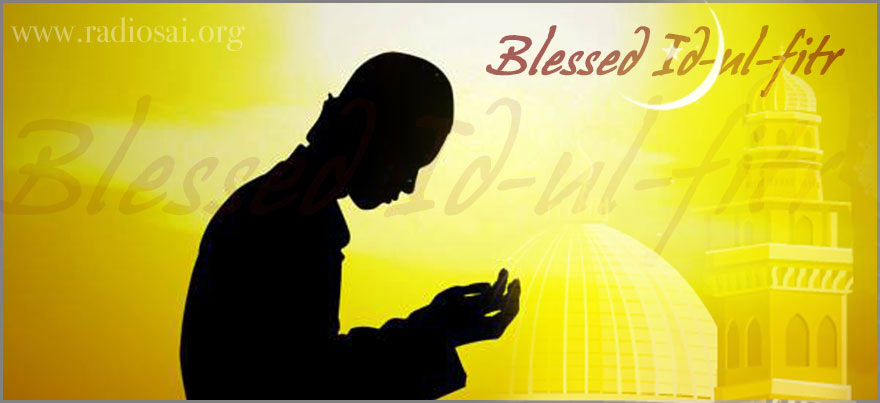 |
It is common knowledge that what Jesus Christ is to Christians, Prophet Mohammed is to Muslims – a group that consists of 23 per cent of the earth's population. And the number is constantly growing; they are projected to become 26 per cent by 2030.
While many are familiar with the name of the Prophet and perhaps with some of the commandments that are central to this faith, few know more about the sterling personality of this powerful messenger of God. Even fewer seriously reflect on his life and the ideals he assiduously preached and practiced.
The Making of Mohammed
Born in 569 AD in the city of Mecca in Arabia, the Prophet (peace be upon him) became an orphan in childhood. He knew neither the care of a mother nor the protection of a father. And this experience was the first preparation for the child who was born to sympathize with the pain of others.
As a boy, he was a shepherd and looked after his animals with intense love. This reminds one of Lord Jesus who called himself 'the Good Shepherd' and of course Lord Krishna who is adored as Gopala - the Divine Cowherd Boy.
Once while looking after his flock, another shepherd came to Mohammed and said, “I will look after your herd; you may go to the town and enjoy yourself. But after this you must take charge of my animals, and I will then go for having my time.”
Young Mohammed said, “No, I will take charge of your herd. You may go, but I will not leave my charge.”
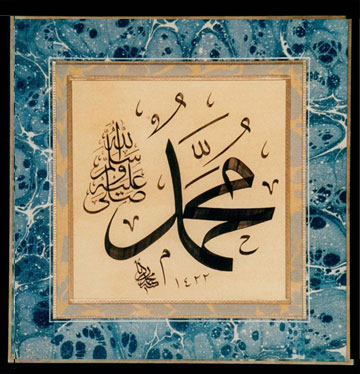 |
That was how principled the young Mohammed was.
He had no formal education and was, in fact, unlettered, but he bequeathed to posterity such a masterpiece of literary marvel that even now, fourteen centuries later, mankind is still in awe and reverence.
As an adult, he was so upright and conscientious in his character that people addressed him as al-Amin, meaning 'the trustworthy', and even his enemies adopted him as the arbiter in their personal disputes.
As an entrepreneur, he was so astute and successful that in a short while he turned around the business of his employer, filling it with profits. And when foreign merchants oppressed the small traders of his area, he led from the front and formed an order of chivalry to protect the poor.
Though he was one of the greatest warriors that mankind has ever seen – he had the whole of Arabia under his control within a few battles - he lifted the sword only in self-defence and it was always a bloodless battle won through his sheer moral force.
More importantly, immediately after the incursion, he released all the vanquished and forgave their evil-deeds and mindless atrocities saying, “May God pardon you, go in peace; there shall be no responsibility on you today, you are free!”
Such was his greatness that even after people crowned him as the king and his kingdom was rolling in gold and silver, he still mended his own shoes and coarse woollen garments, swept the hearth, kindled the fire and attended to the other menial offices of the family.
The Awe-Inspiring Miracle of the Prophet
Mohammed was God’s Chosen Messenger to establish truth and righteousness at a time when men had lost their sense of morality, and either did not believe in God, or had reduced religion and spirituality to senseless practices and spurious worship.
Just like all the prophets before him, he came to awaken the divinity embedded within every man, and connect him to his Immortal Source, but his approach was unique.
While Moses performed supernatural feats to startle the magicians of Egypt, known for their egoistic tricks; and Jesus healed the sick and raised the dead to shock his contemporaries who were skilful physicians, Prophet Mohammed’s astounding miracle was The Qur'an.
The Arabs in those days were celebrated for their eloquence and excellent poetry, but what the unlettered Mohammed offered was matchless, and they were simply flabbergasted with his literary prowess and creativity.
Let alone the profound message, the sheer majesty of its style, which is neither prose nor verse, and its captivating rhetoric clearly reflected that it was not the work of a human. In fact, in The Qur'an itself, it is mentioned that ‘Nothing is like it’ and the Holy Book challenges anybody who doubts its Divine Origin to produce anything similar.
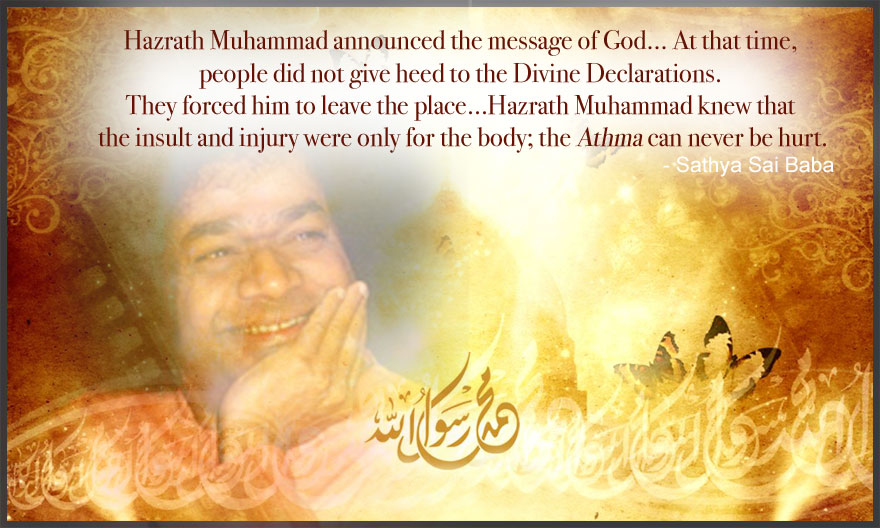 |
Hazrath Muhammed announced the message of God that he had heard to the townsmen of Mecca. At that time, people did not give heed to the Divine Declarations. They forced him to leave the place. But Hazrath Muhammed knew that truth will win and God will prevail. He knew that the insult and injury were only for the body; the Athma can never be hurt. - Sathya Sai Baba
The Revelation of the Quran – the Birth of Ramadan
In fact how this happened is very revealing. At that time Mohammed, seeking solitude, used to retreat into a cave on the mountain of Ghar-e Hira. And at times it was not just hours but days and weeks, when he would be lost in meditation and contemplation. He sought to enter the cave of his heart in search of the Truth.
Finally when he was 40, he received his first revelation from God. It came in the form of the Voice of the Angel Gabriel. The Voice said, “Cry out the Sacred Name of Thy Lord.” (Surah 96:1)
The message filled him with awe, and he humbly said in reply that he was unlettered, and unable even to read. But the angel caught the prophet and pressed him hard. Still, the prophet replied, “I do not know how to read”. This happened a couple of times and finally the prophet said, “What shall I read?” Then the angel pressed him again and said: 'Read in the name of your Lord, who has created all that exists and has created man from a clot. Read! Your Lord is the Most Generous."
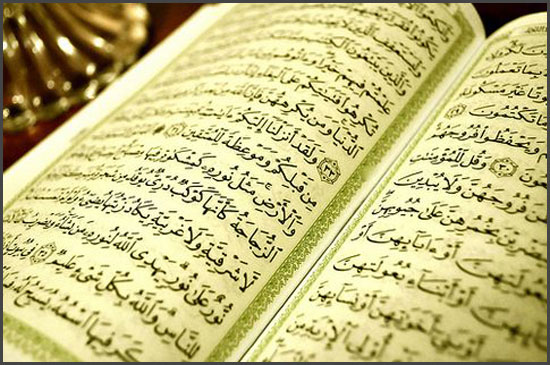 |
And gradually, the prophet’s heart started tuning into the Infinite. He realized his soul to be One, within and without, and the call came to him to go forward into the world and carry out the command of God; to glorify His Name and unite those who are separated, to awaken those who are asleep, and harmonize one with another. As it is written in the Holy Qur’an:
"This Book we have revealed to you so that you may lead the people from out of darkness into light, into the path of the Mighty, the Glorious." (Surah 14:1)
And this world-altering event happened in the month of Ramadan. To observe this sacred occurrence, Muslims the world over spend these four weeks in recitation of The Qur'an, and in prayer and fasting – sun up to sun down every day. In fact fasting or Sawm is one of the five pillars of the Islamic faith.
H2H Archives: The Enigma of Islam - Englightened by Sai |
|---|
The Experience of Ramadan – Voices from America
In 2010, the American Public Media's talk show 'Speaking of Faith' (which has been renamed as On Being), produced a very interesting programme called “Revealing Ramadan”. The host of this programme, Krista Tippett invited Muslims to share what it means to be a Muslim in spiritual as well as practical terms. There were responses from all over the world – from teens to people in their 70s. Many of them reflected on Ramadan as this is an indispensable and indelible experience of every Muslim.
|
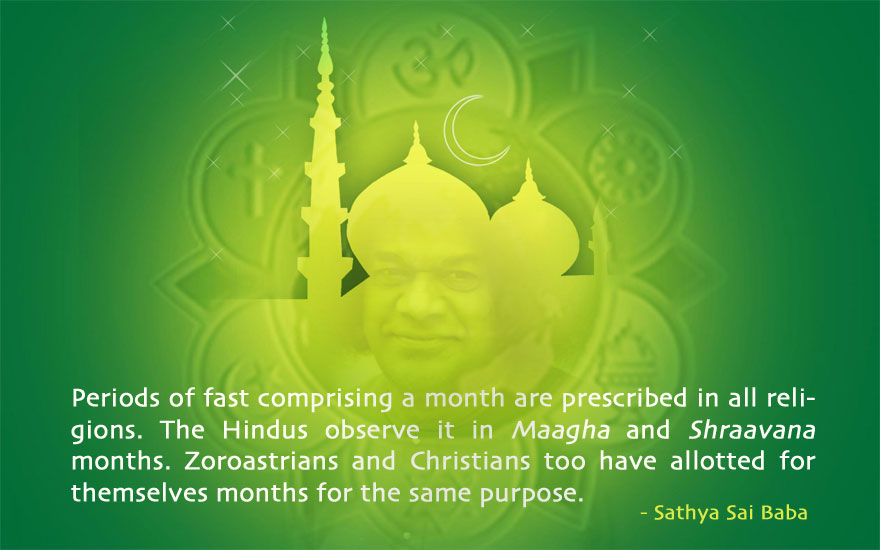 |
Ramadan truly is a period of family intimacy, of getting up early together when the world is quiet and praying together. Then after nightfall, ending the fast every day in celebration and prayers, again together with family and friends, and even friendly strangers. They say the family that eats and prays together stays together. Ramadan strengthens these filial ties and fosters harmony and happiness in communities.
But definitely there is much more to it.
|
On one occasion Bhagawan Baba said: “The Qur’an has Salat and Zakat as the two eyes. Salat means prayer and Zakat means charity. Those who consider charity as a high duty and elevate their consciousness through prayers and continuous meditation on God are true Muslims.”
Ramadan therefore is an excellent spiritual space created by the Prophet so that every Muslim can seriously strive to practise these significant and sanctifying tenets of Islam. Every Muslim learns to feel for the other and do their bit to reduce hunger and sorrow, depression and sadness in this world.
There are more ennobling perspectives of this holy month.
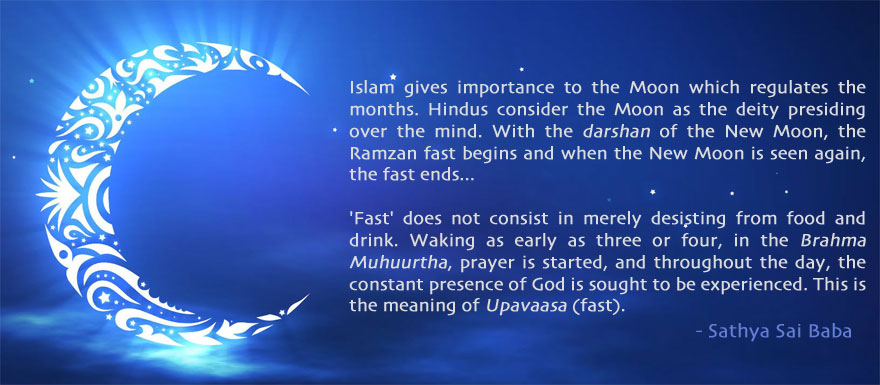 |
Yanina Vashchenko is from Dallas, Texas, South Central United States. Ramadan for her in a manner of sorts was an eye-opener. She says: |
Happiness steps up, Baba says, not when you multiply your desires but when you limit them. “Modernity lies in putting a ceiling on your desires. Control of one's desires is being modern not leading a life of limitless desires,” He asserts.
True happiness is union with God, and every Muslim who practices Ramadan in this spirit of fasting for the love of God wholeheartedly experiences this deep peace within.
Fasting is called Upavasa in Sanskrit. Baba says Upa means 'near' and vasa means 'to reside'. So Upavasa means 'to reside near God, or to be close to God'. This attempt to go close to God by immersing in His thoughts is the inner significance of fasting. And Ramadan provides this splendid opportunity to every Muslim to do this not just for a day or two but for 29 to 30 days.
It is an intense period of reflection and self-introspection leading to purification. Baba says the essence of all spiritual practices is the cultivation of a pure heart.
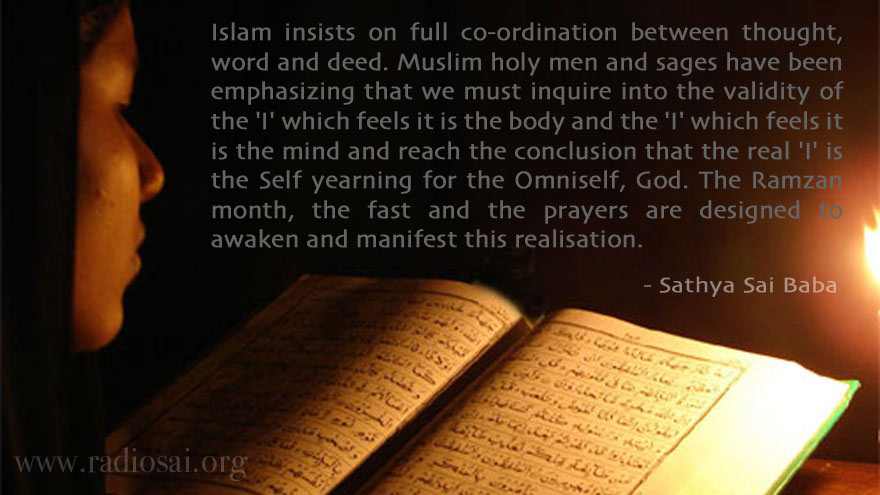 |
|
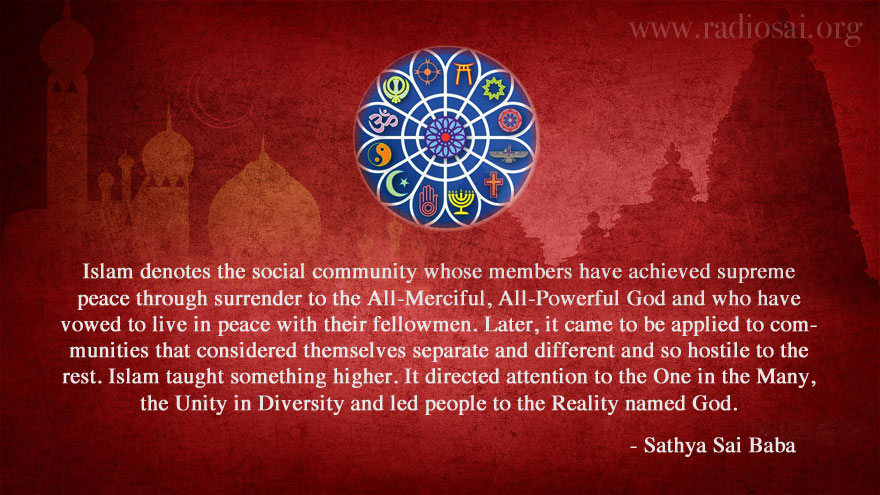 |
From being a lovely time for family get-togethers and delicious feasts, to reaching out to those in real need, to raising one's consciousness to experience the bliss and peace of being in tune with Allah – Ramadan is a tremendous spiritual odyssey. And it is not meant only for Muslims, for who is not a Muslim? As Baba says, “All who in a spirit of surrender and dedication, live in peace and harmony in society, do really speaking, belong to Islam. Because Islam means surrender to God.”
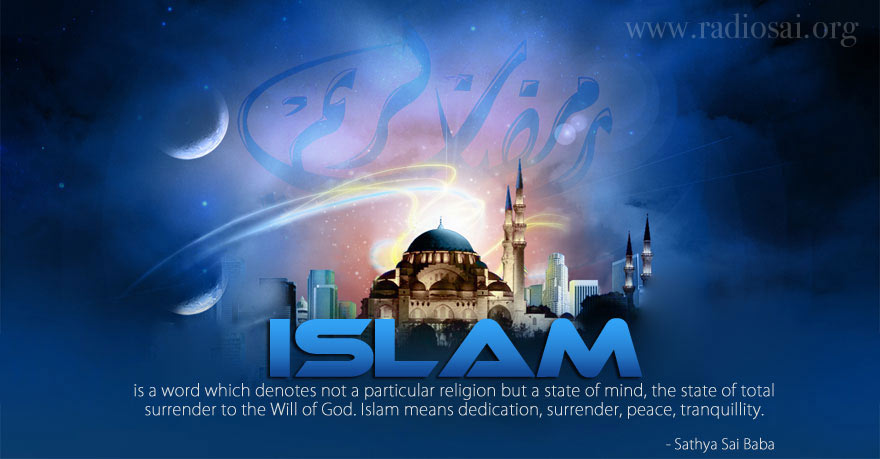 |
The article is based on an episode of 'Outside Inside and Deep Inside', the Radio series on Thursday nights on Asiastream. You are welcome to download the program.
By Bishu Prusty (Radio Sai Team)
Graphics: Mohan Dora (Radio Sai team)
What are your impressions about this article? Please share your feedback by writing to h2h@radiosai.org. Do not forget to mention your name and country.






